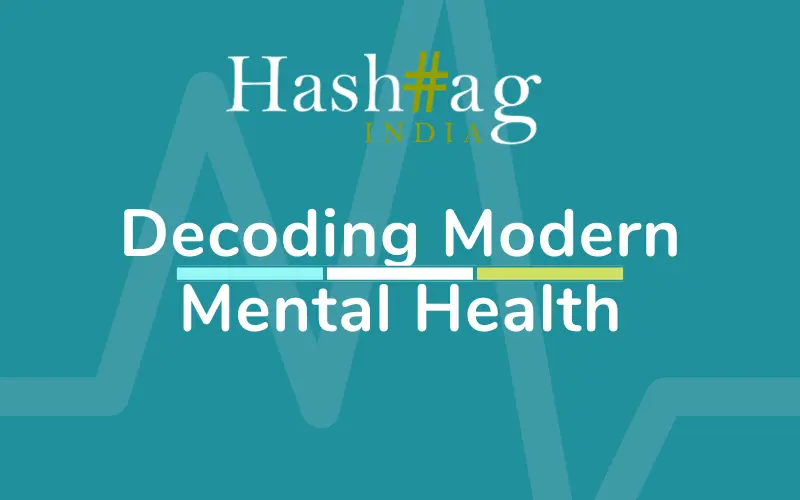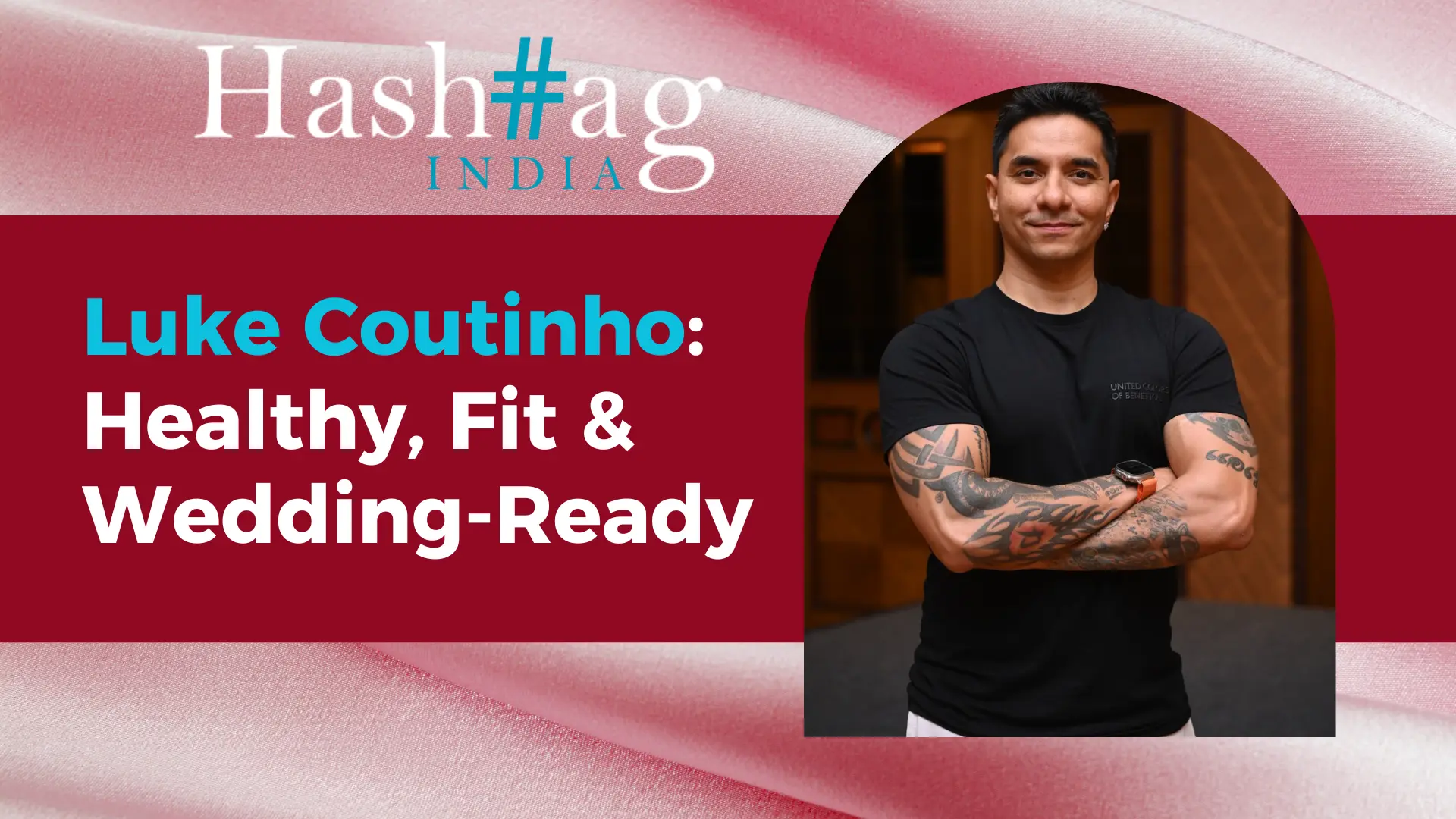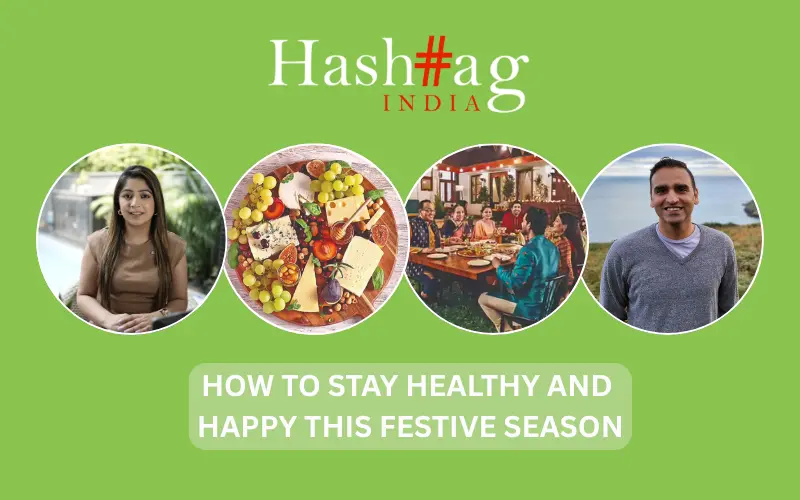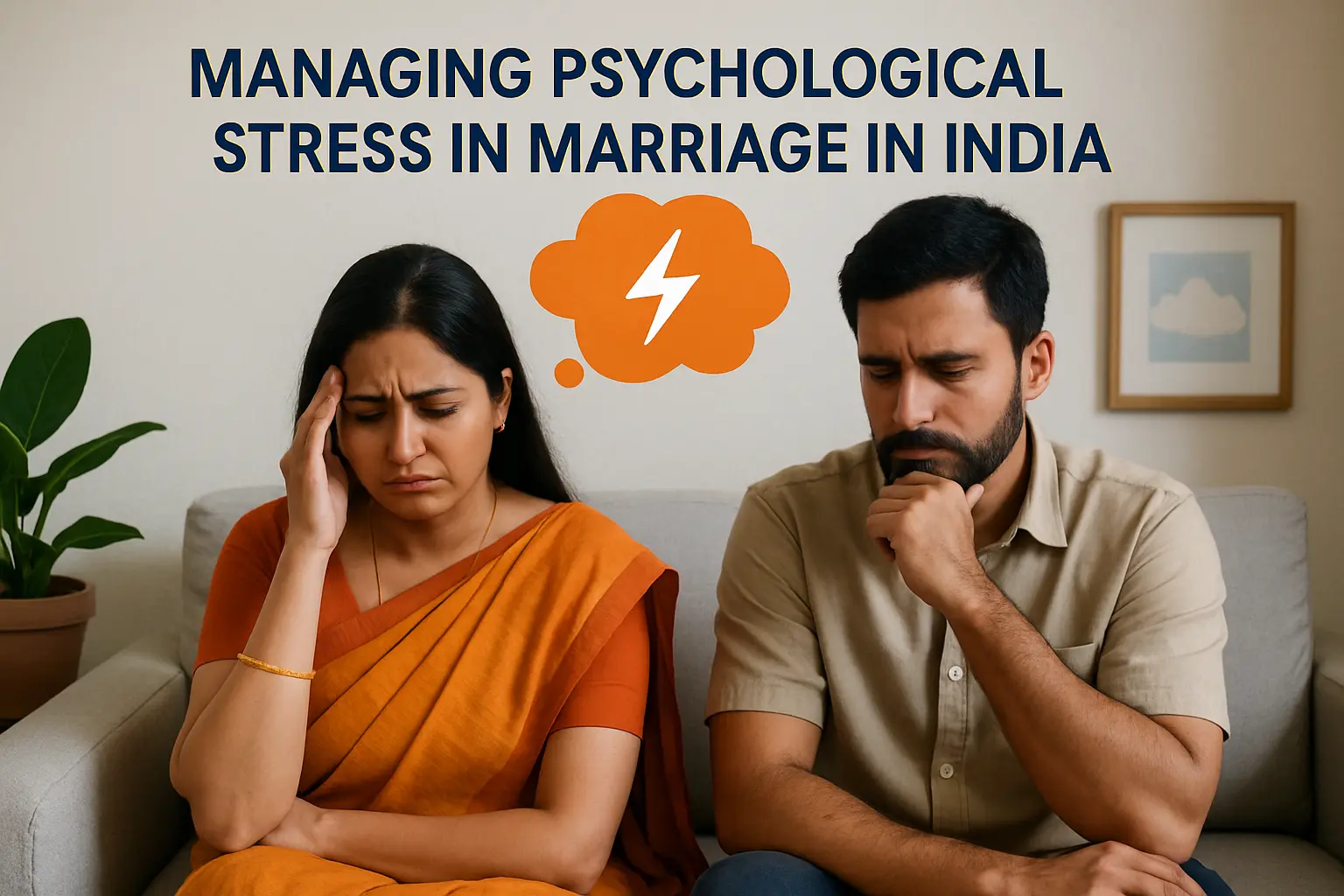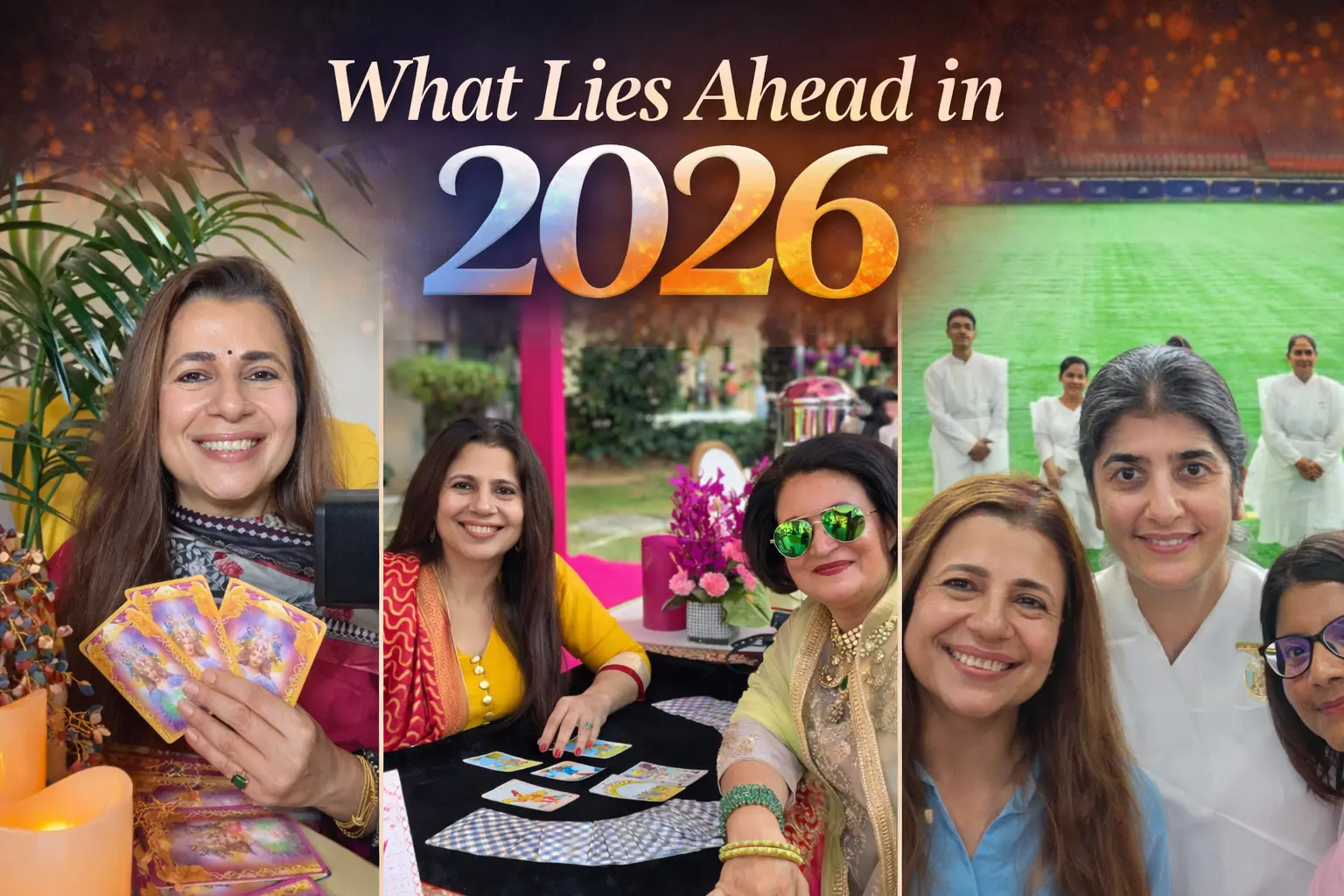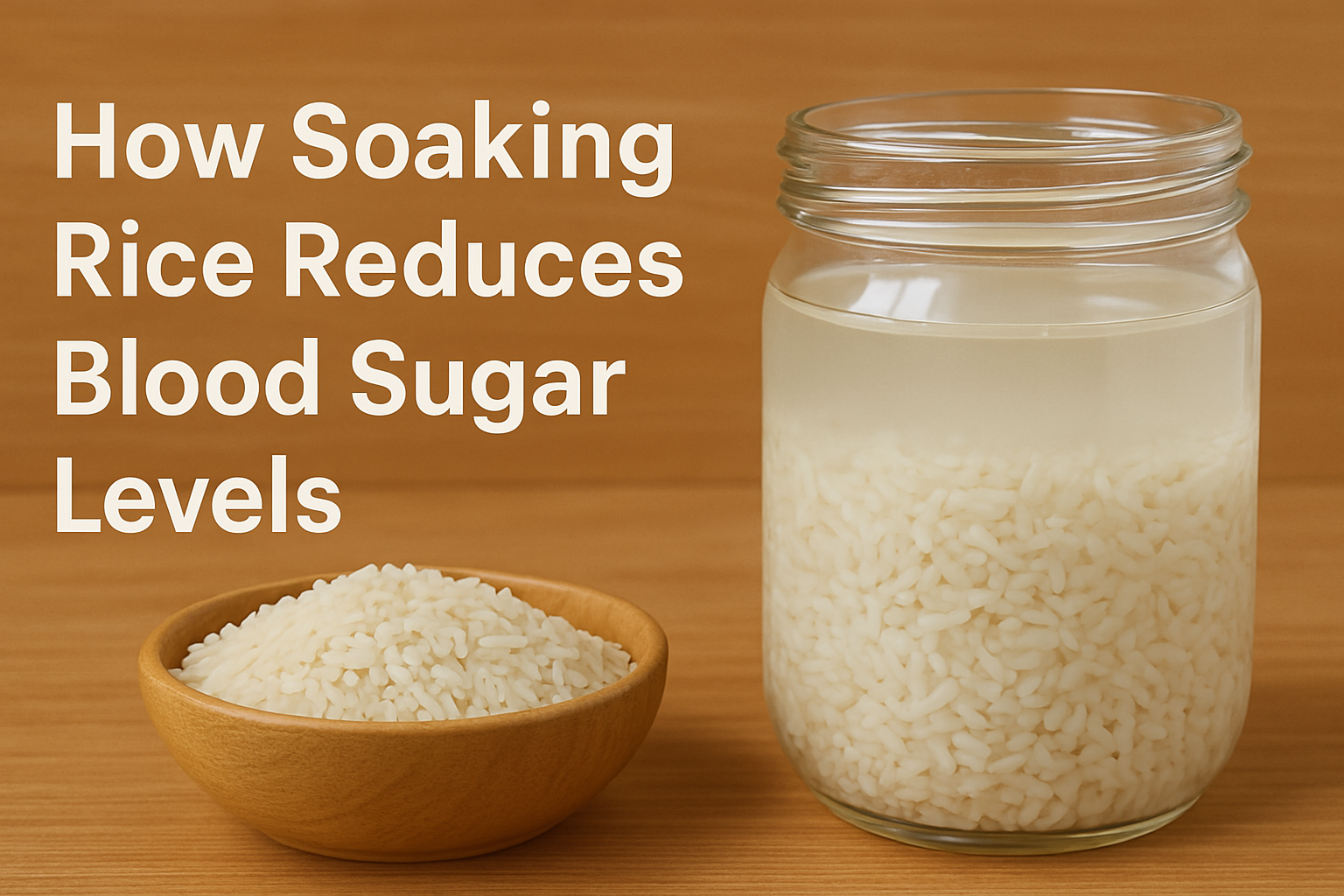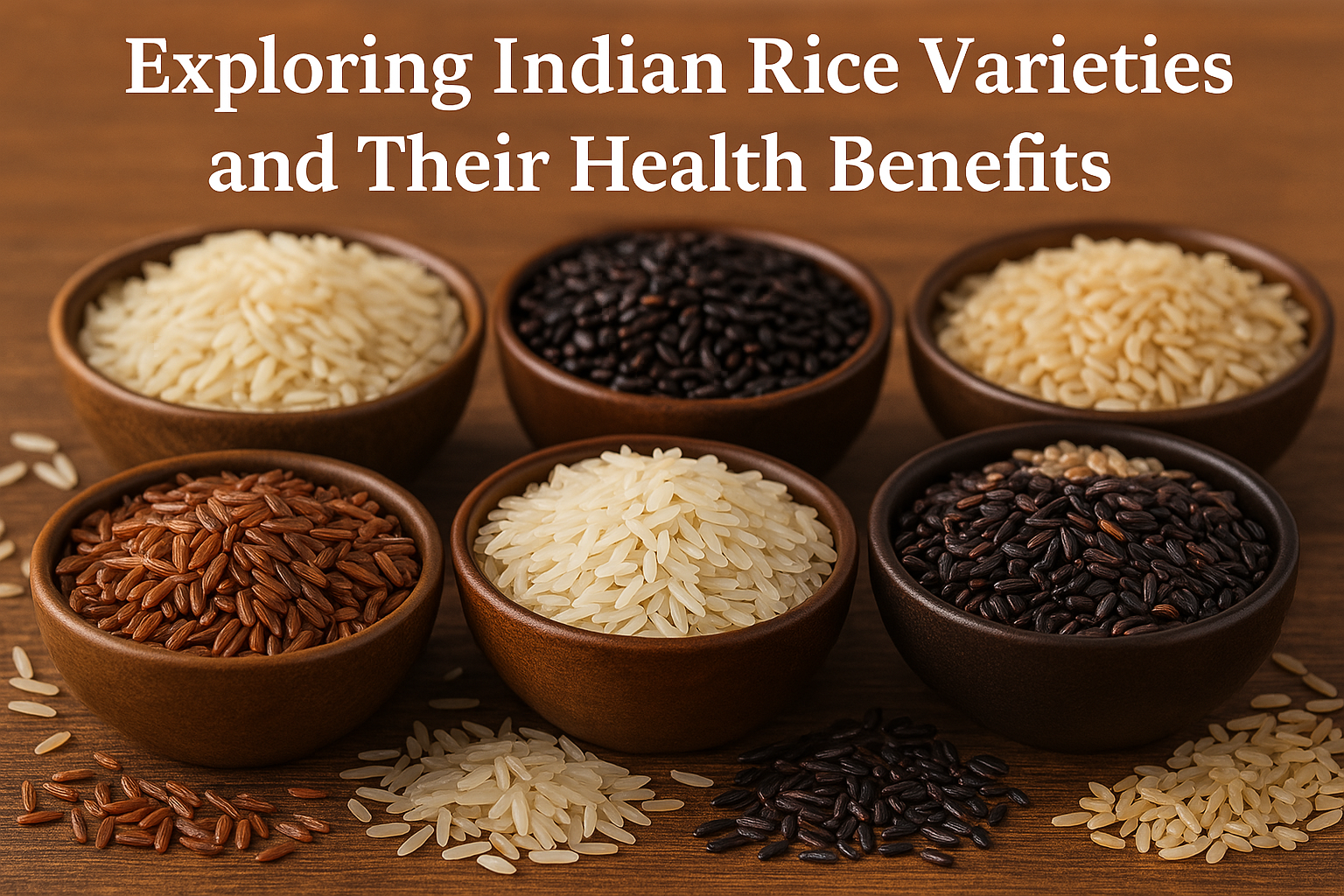With the second wave barely behind us, we once again find ourselves adrift in the uncertainty COVID-19 has brought upon us for over a year now ARUSHI DUSAJ speaks to psychologists across the country on how to make oneself feel better during the pandemic.
With the pandemic almost bringing our lives to a standstill, mental health has become increasingly important to consider. Here are some tips shared by mental health professionals to help you sail through these difficult times. Do note: anxiety, and other aspects of mental health, should be worked upon with the advice of a professional.
This time is not about productivity, it’s about survival!

Ishant, Clinical Psychologist, Bengaluru
“Remember that this time is not about productivity, it’s about survival. Comparing yourself to other people will make you anxious. Engaging in meaningful activity is important but that’s not the only goal. Accepting your emotions in such difficult times is important, as fighting with them will only bring more harm. Sharing your worries with people is very helpful as it makes you feel good. Keep in touch with your friends and family as it will give you a sense of belonging. Fun activities like board games, drawing, or painting, will help you distract yourself from the
negative emotions in your mind. Physical wellbeing is equally important – having a balanced diet, drinking enough water, and doing a little bit of exercise will surely help. Keep yourself off from social media for a while to prevent anxiety.”
Get a social media detox

Ayman Ali Khan, Psychologist, Hyderabad
“It depends from person to person on the ways to cope with anxiety. I would recommend going to a professional to get help but following these tips could be an added relief. Take care of your health, and make sure you are eating well in terms of greens and exercise. Get a social media detox – stay away from the news to keep away from negative information. Meditation would help during such times. Involving yourself in your neighbourhood in terms of helping someone will help in finding a purpose. Just make sure you are kind to yourself; survival is the main goal at this point.”
Rituals can help in boosting self-esteem

Ritika Matta, Counselling Psychologist, Hyderabad
“Cultivating rituals can be small acts of self-care. They don’t have to be elaborate; just simple ways to take care and cope with anxiety surrounding the pandemic. Rituals can help in boosting self-esteem and can be a great source of accomplishment. Family time, a self-care routine, and a play routine can feel particularly rewarding. The anxiety surrounding the pandemic translates to fear of the unknown. Hence, we need to create as much structure in a day as possible which will give us a feeling of being in control. This can include simple tasks such as a sleep-wake routine, exercise, meal planning etc.”
Take it easy sometimes

Divija Bhasin, Counselling Psychologist, Delhi
“Try to ease yourself. If you aren’t able to be productive, it’s okay and normal. Take a day off if you can. It is a pandemic and you are allowed to take it easy sometimes. Avoid talking about the pandemic as it can increase worry and won’t solve anything. Feeling overwhelmed is normal; calm yourself down by holding a piece of ice in your hand. This is a grounding technique. Use self-soothing activities if you feel really low – watching a nice video can make you feel good. Talking about your worries really helps, so don’t keep your feelings to yourself as it makes things worse. Remember, you’re not alone in this.”
If you find yourself or anyone near you in need of help, do reach out to the appropriate sources. Even though the pandemic makes us feel alone and cut off, we are all in this together. Let others support you just as you support them. Be kind to yourself!


